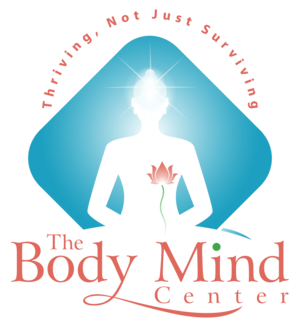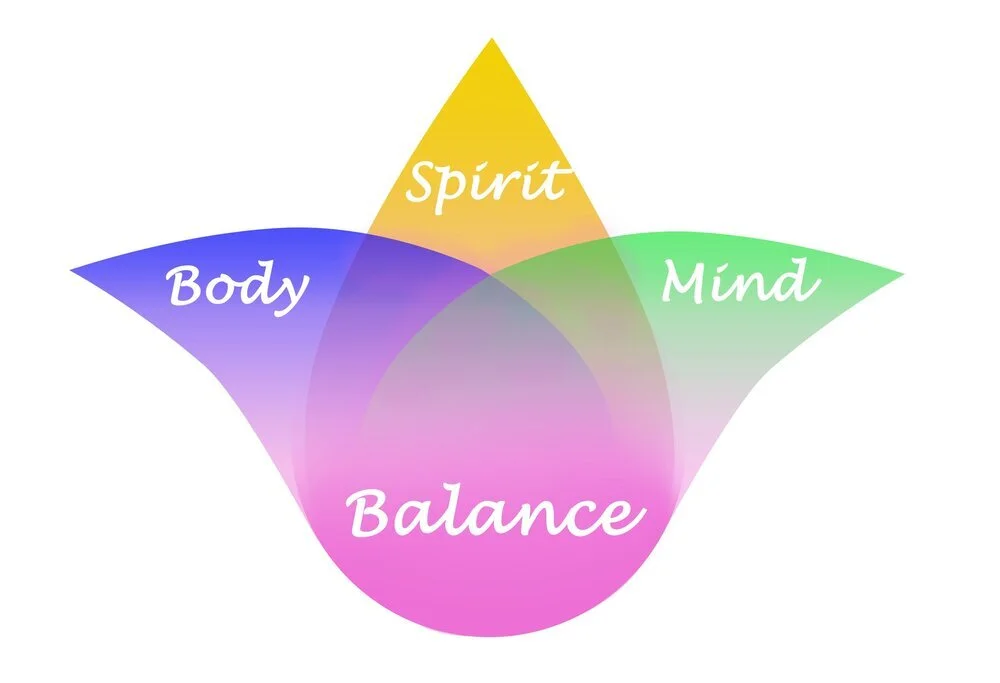"There is a voice inside that doesn't use words. Listen." ~ Rumi
“A voice inside that doesn’t use words…” Intriguing isn’t it? The “voice inside” uses your body’s sensory information to communicate. It’s the felt sense you have about things, the gut feeling, the intuitive, implicit knowing that is always there in the background of your mind but easily overshadowed by a constant stream of thoughts. Sensorimotor Psychotherapy (SP) teaches you to listen, learn from and work with that voice.
SP mindfully works with your attachment style, arousal regulation patterns and their dynamic interplay within your present moment experience. Attachment style refers to how you interact with people. Arousal regulation refers to how you manage or regulate yourself when you are emotionally or physically triggered. Present moment experience refers to the ever-changing stream of thoughts, feelings and sensory input from your body. The dynamic interplay is clear: Things happen. You get triggered, it affects your present moment experience and you try to use arousal regulation skills to deal with it. Not a problem if your attachment experience launched you into adulthood with a healthy window of tolerance and solid arousal regulation skills. But recent studies suggest that’s not the case for approximately 40% of us.
In your significant relationships, especially during times of conflict, do you feel:
a fear of commitment?
an urgency to get out or get away?
a need to isolate, shut down or withdraw?
intense guilt and/or constant apologizing?
blamed all the time?
constantly misunderstood?
unseen, unheard or taken for granted?
angry all the time?
If you answered yes one or more times, you may have an insecure attachment style that likely contributes to the difficulties you experience in your relationships. If you also have a history of adverse childhood experiences (ACES), there’s an even stronger chance you will encounter significant difficulty within your close relationships. The aforementioned experiences don’t just have cognitive and emotional correlates, they have somatic ones as well, which is why a therapy that includes a focus on the body is so important.
SP is a comprehensive, neurobiologically informed treatment model that works not only with what you think and how you feel but also with “the knowing” of your body, that voice inside that doesn’t use words. Skillful incorporation of the body’s wisdom into the therapy process can result in profound emotional healing and transformative experiences. If you’ve done “talk therapy” and are looking for something different, consider Sensorimotor Psychotherapy.
If you'd like to learn more, please check out my blog and, if my office is not located near you, please visit www.sensorimotorpsychotherapy.org and click the “Find an SP Therapist” button.



